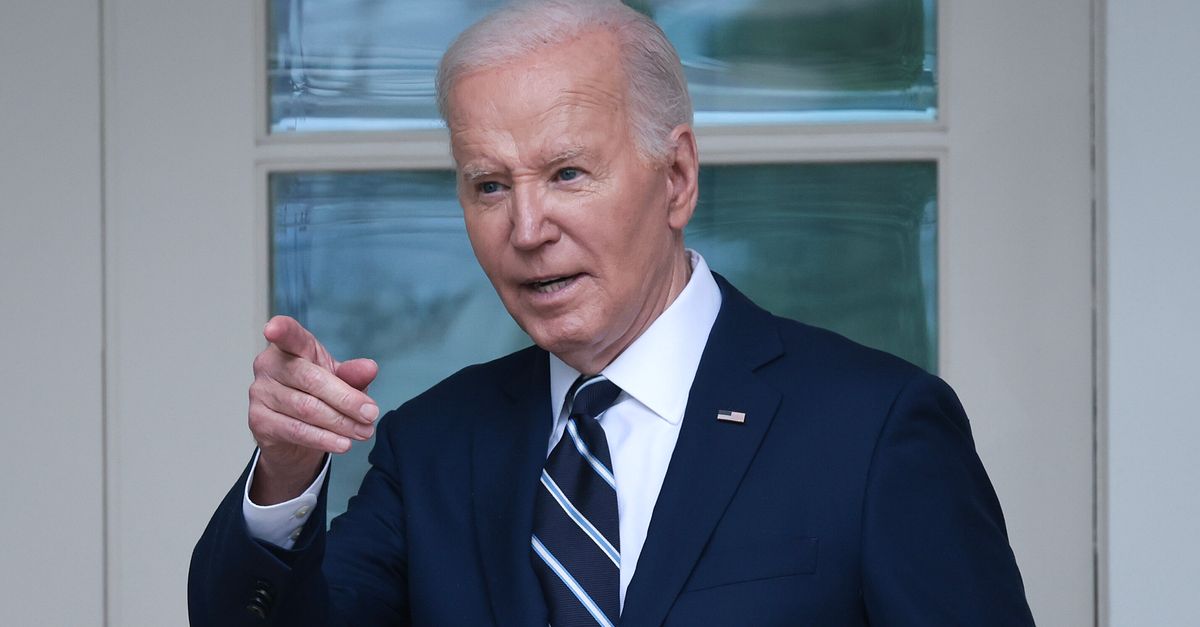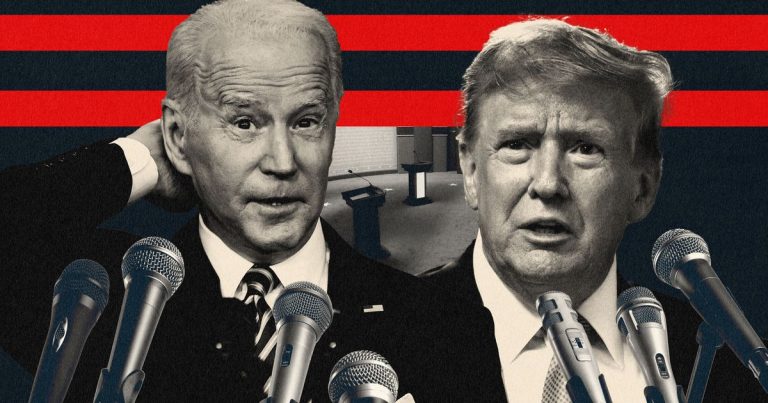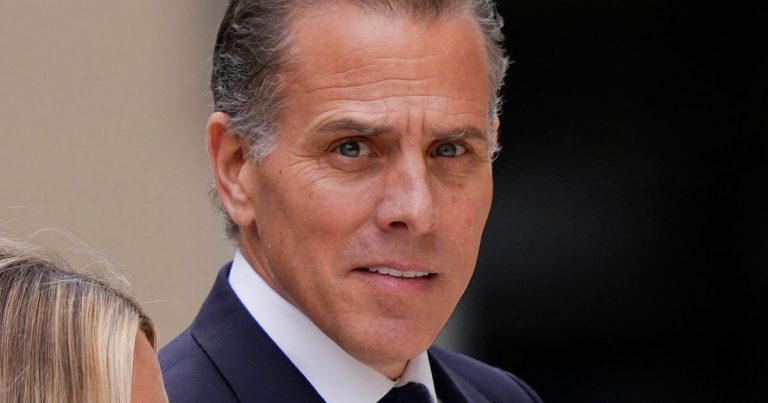Comparison: Biden’s tariffs on China versus Trump’s
The White House’s recent announcement of tariffs on a variety of Chinese goods comes after criticism of former President Donald Trump’s tariff promises if he were to win the 2024 election. President Joe Biden, who previously criticized Trump’s proposed tariffs as potentially leading to inflation, defended his own tariffs as narrowly targeted and not expected to have a significant impact on inflation.
The Biden administration emphasized that the newly imposed tariffs were aimed at strategic sectors to boost domestic investment and avoid passing on costs to consumers. This distinction was important for the administration to differentiate its approach from Trump’s tariffs, which Biden has largely kept in place since taking office despite his criticism of them.
While some economists argue that the impact of these new tariffs on inflation would be minimal, particularly as they mainly target sectors that do not make up a significant portion of the US economy, others warn of potential repercussions. For example, tariffs on electric vehicle batteries, a key target of the new measures, could have broader implications for sectors heavily reliant on Chinese imports.
The tariffs on lithium-ion electric vehicle batteries, solar cells, electric vehicles, and other goods would see rate increases under Biden’s plan, although they are lower compared to what Trump had proposed. The administration hopes to prevent countries from dumping products at below-cost prices to dominate markets through these tariffs.
Despite concerns over potential retaliation from China and increased prices in specific sectors, the Biden administration defended the tariffs as necessary to protect American industries and incentivize domestic production. Critics, however, argue that these measures could distort trade and harm American consumers.
The tensions between protectionism and free trade, as highlighted by the Trump-Biden showdown on tariffs, underscore the complexities of global trade policy. While Biden’s tariffs may have narrower goals compared to Trump’s broader proposals, the impact on various industries and trade relations remains a subject of debate.
As the 2024 presidential election approaches, the future of democracy and economic policies is at stake. The decisions made by the current administration on trade and tariffs could have far-reaching consequences for both domestic and international trade relationships.
Our journalists at the Boston Post News are dedicated to providing in-depth coverage of the political developments and economic policies shaping our nation. Your support is crucial in enabling us to continue delivering impartial and insightful reporting on these critical issues.
We rely on reader funding to sustain our newsroom and uphold the values of a free press. Your contribution can make a difference in ensuring that we can continue to bring you high-quality journalism during this pivotal period in our nation’s history.
Join us in our mission to provide comprehensive coverage of the 2024 presidential election and the key issues that will impact our democracy. Your support is essential in helping us navigate the complexities of this political landscape and deliver accurate and relevant news to our readers.








